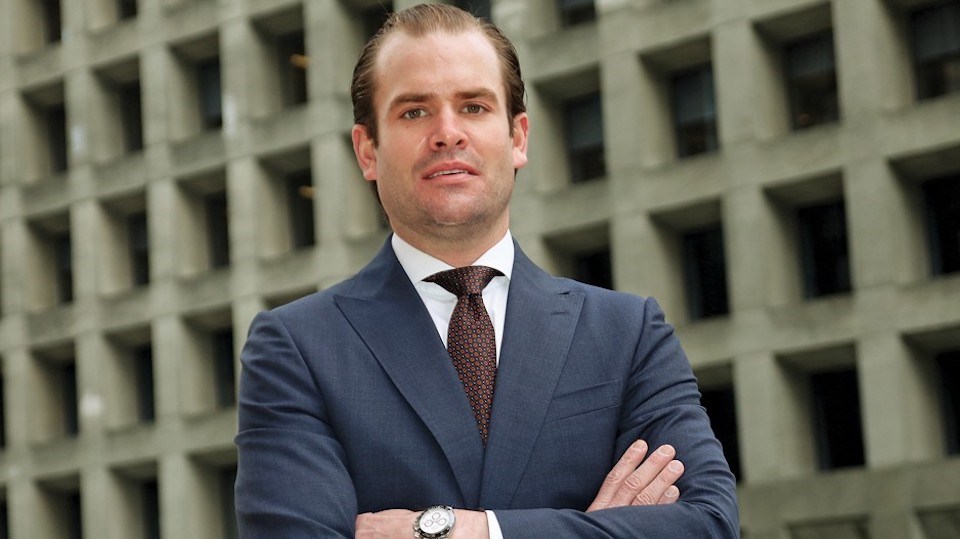Foot traffic is down, and concerns over public safety and vandalism are up in Vancouver’s downtown core two years into a pandemic that has rewritten the rules on remote working.
While some cities across North America are struggling with high vacancy rates, experts say Vancouver has been defying such trends as the booming tech sector leads the way in filling up empty office space.
Downtown Calgary, already challenged by oil’s boom-and-bust cycle, had an office vacancy rate of 29.7 per cent at the end of 2021, according to data released last month from Avison Young Inc.
Downtown Vancouver’s vacancy rate sits at 8.1 per cent.
The real estate services firm noted that Microsoft Corp. (Nasdaq:MSFT), Plentyoffish Media Inc., Tipalti Inc. and Kaseya are among the notable U.S. tech companies to ink deals in 2021 for more downtown office space ranging from 10,000 square feet to 48,000 square feet.
“There were a number of organizations that thought that we can work from home when we first got into this pandemic,” said Vancouver-based Avison Young principal Glenn Gardner, who specializes in office leasing and sales.
But since the onset of the pandemic, he said, “organizations have realized that there they are more productive when they’re able to offer a place for people to come to.”
They’re also looking further down the road and anticipating what their office space needs will be like in three to 10 years, Gardner added.
Downtown Vancouver’s vacancy rate was notoriously low prior to the pandemic, sitting at 2.6 per cent by the end of 2019, according to Avison Young data.
But the downtown’s current 8.1 per cent vacancy rate is not a bad thing, Gardner said.
“In the real estate industry, eight per cent is literally the definition of a balanced market.… It offers tenants opportunities to go out and explore their options and/or expand within their buildings,” he said.
“Make no mistake – these international technology companies, they have the ability to set up offices anywhere across North America or the world. And so if there’s not an opportunity to house their requirements, to have office space available to them, they will have no choice but to go and expand somewhere else or look into a different market.”
Despite the healthy appetite among tech companies to scoop up office space, the city’s downtown is facing challenges elsewhere.
Foot traffic in downtown Vancouver is down 79.4 per cent as of January 31, 2022, compared with March 2, 2020, according to a “vitality index” curated by Avison Young. The index, which uses anonymized cellphone location data to measure foot traffic, is tracking North America’s biggest urban centres in a bid to measure the pace of return to downtown cores.
And so far 29 street-level businesses have closed on Granville Street since 2020, according to Nolan Marshall III, CEO of the Downtown Vancouver Business Improvement Association.
While he said he’s optimistic about the future of retail in the city’s downtown, about 60 per cent of his time is spent talking to stakeholders about public safety.
“We’re below where we are normally in terms of workers, in terms of visitors, students,” Marshall said. “Our populations downtown during the week are not where we’d like them to be or where we hope they are in the future.”
But he said the significant number of tech companies either moving in or expanding downtown has been encouraging, and it’s hoped that happy hours and lunches at downtown restaurants will pick up in the coming months.
“Who we’re seeing in Vancouver is fascinating,” said Kevin Nelson, an executive vice-president at CBRE Group Inc. and a member of the real estate services firm’s High Technology Facilities Group.
“We have a very strong local scene that decided the valuations were really frothy and went after VC [venture capital] money, and so the city got a major injection of capital in the last 14 months by people recognizing this was a good time for markets.”
With those capital injections have come increased pressure for tech companies to recruit talent and ramp up growth, leaving not just international firms to target Vancouver but homegrown tech startups as well.
Vancouver ranks as North America’s No. 11 tech hub, according to CBRE’s 2021 Scoring Tech Talent report. The number of tech workers in the region grew to 91,200 last year, up from 84,900 workers based in the city a year earlier.
“Due in part to exchange rates, Toronto, Vancouver, Montreal, Ottawa and Waterloo provide the best value when it comes to cost and quality,” the report stated, alluding to the relatively low annual salaries paid to employees compared with those in major American tech hubs.
While the average tech worker in Vancouver earned US$66,485 last year – the fourth-lowest in the 50-city rankings – the same worker in Seattle would have earned nearly double that at US$126,730.
“What gives our city an advantage – it’s like our film industry. It’s the same as the tech industry,” Nelson said. “It’s been here so long that you know that you could come into this market and have a high grade of employee available.”



